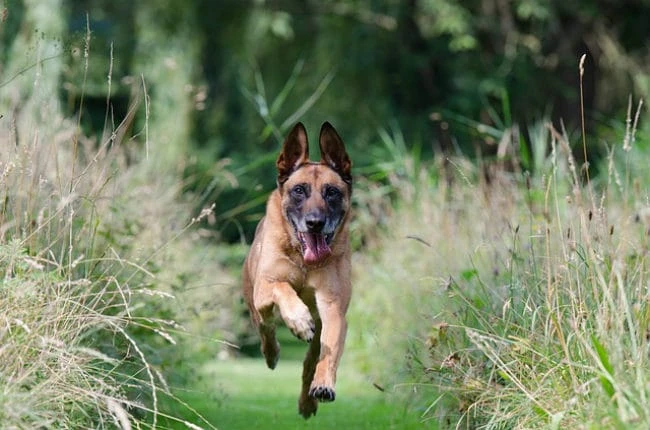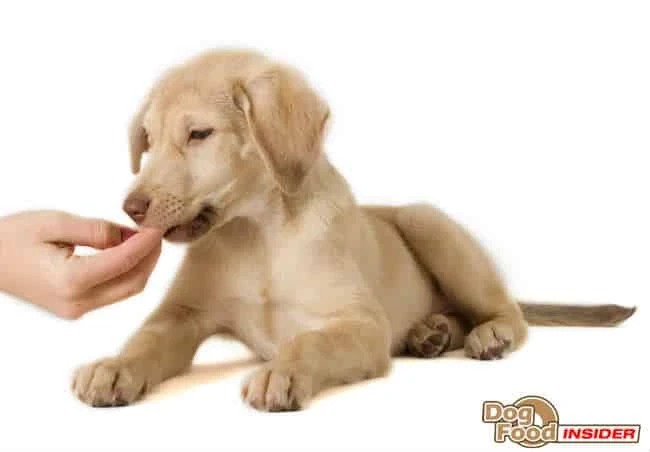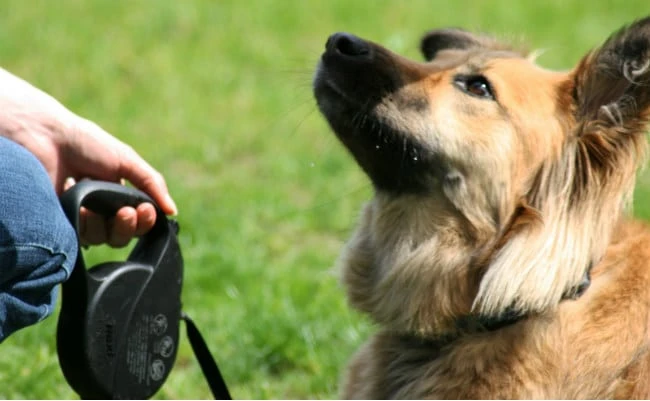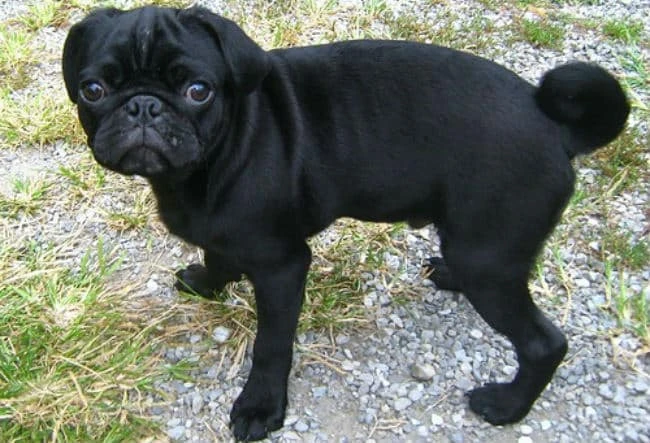Shiba Inu Training
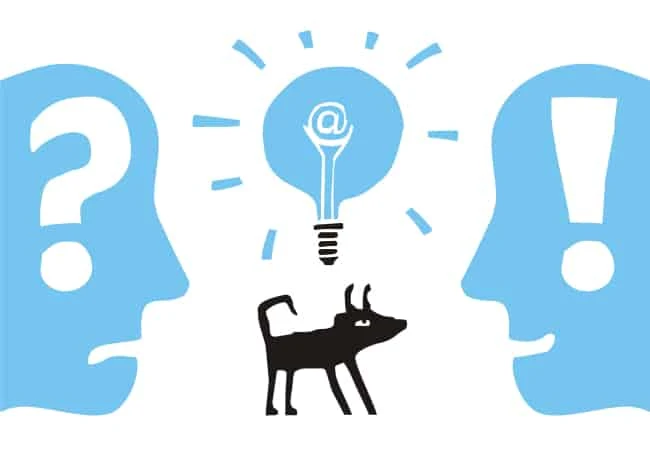
by Kristin
(Alameda, California)
Our 4 month old Shiba Inu puppy was initially well trained and learning fast. Now it seems as though she is backsliding and we aren’t sure what to do. Previously, when she had to potty, she would whimper and we would take her out. Now she decides to poop and pee in the house without so much as the slightest sound. Nothing has changed in our home to cause this. We also had read that Shiba Inus will not potty in the home because they are clean dogs but she has no problem doing it.
In addition, we were told and had read that Shibas do not bark, but this is not true with our puppy. She is constantly barking, but for different reasons. She will bark relentlessly when she hears a sound and sometimes we can’t get her to stop. She barks after we give her food once she is done eating. When we crate train her, she barks continuously and makes a sound so high pitched and shrieking that it sounds like someone is hurting her. We’ve tried the citronella collar, but she barks so much that she doesn’t even notice it.
We are wondering what to do to help our puppy develop into a great dog, but these issues have us baffled. Please help!
Our Response
Firstly thanks for taking the time to ask a question as it helps to keep our site happy and healthy. You are right about the Shiba Inu breed they do normally learn to house train themselves – this is probably down to their strong and independent nature. However, they can be difficult when it comes to dog obedience training. Firstly your puppy is still really young so you should expect some accidents around the House – this is very normal and most puppies will grow out of these house breaking problems.
Your puppy is entering the age between 4-6 months. At this age your puppy may start to exhibit some of the following behavior problems…
1. Your puppy may have a new and increased thirst to want to be trained (boundaries set) and will want to increase her knowledge.
2. Your puppy may start to become more destructive around the House.
3 Your puppy is starting to become sexually mature.
4. Your puppy is becoming bigger and may start to be bolder and more brash bumping and jumping up.
5. Expect your puppy to possibly develop a new fear around people and objects – where before she was quite happy with them.
6. Your puppy may start to become aggressive towards other dogs or puppies of the same sex this is quite common.
7. Your puppy may become more dominant and overly protective and territorial.
You need to rule out any medical problems if your puppy is displaying any sudden behavior problems especially if things were going well – peeing and pooping around the House be as s result of a medical problem like a Urinary Tract Infection or something else.
I am afraid it s not true that Shiba Inu’s don’t bark – what they are prone to is referred to as the ‘Shiba Scream’. This can happen when your puppy is unhappy about something, is very excited or happy or when you have returned from being out of the property for an extended amount of time. If your puppy is barking and whining when she is in the crate you should not let her out until she has stopped and is quiet – this may take some time – but wait and ignore her As soon as she is quiet let her out and give her lots of praise and a treat. You will need to respond quickly so you can give the reinforcement immediately – this will let your puppy know exactly what and why you are happy and will increase the likelihood of your puppy repeating the quiet behavior in the future.
We really advocate the use of umbilical chord obedience training. This method involves attaching a leash to your puppy and then tucking the leash in your belt. This is fantastic dog training technique as you are always able to supervise your puppy and catch any possible accidents before they happen. If your puppy looks like she is about to potty, say ‘Potty Time’ and take her straight outside – as soon as she looks like she is about to potty say ‘Poop Time’ and when she goes give her lots of praise and a treat. Wait a few minutes before you take her back inside as she might want to potty again.
Another important dog obedience training technique is to always crate your puppy when you are not able to closely supervise her as this will eliminate the possibility of her peeing or pooping around the House.
There are lots of reasons why dogs and puppies bark…
Attention Seeking – This is the most common cause of excessive barking. This is actually not a natural or instinctive behavioral trait. Your puppy has left the comfort of her litter and where her mother was always on hand – by barking and whining she can learn to get your attention. Remember that when dogs were in the wild barking was not natural at all as it would have gained the attention of predators – it is a learned behavior.
Territorial Guarding – This was a technique bred into some breeds – the reason behind this is that dogs were not initially brought int peoples homes as a pet they were used a method to guard the property and bark when an intruder approached.
Boredom and Frustration – A dog may have started to bark due being bored and when their pack leader returned to the pack i.e. you. This can start as the occasional bark or whine but may progress into howling.
Anxiety or Fear – If your puppy feels threatened your puppy may bark or whine as a way to alert other members of the pack. High pitched barking or howling actually makes a dog or puppy feel better and will lad to an increase in the behavior.
When it comes to curing barking – you need to start by completely ignoring the behavior – if you respond in anyway at all to the attention seeking this will only reinforce the behavior. Only start to pay any attention to your puppy when she is quiet and has stopped the barking. We can’t stress this enough socialization is the cure to most behavior problems – the more you introduce your puppy to new experiences the less fearful she will become – use puppy training classes ti increase your puppy’s confidence – training classes are excellent as you can ask a professional trainer any questions and you will get one on one support. You can also ask other puppy owners how they dealt with similar problems.
When your puppy has had her first season (or when the vet thinks it most appropriate) it might be worth having your puppy neutered. There are some benefits with this procedure including…
1. It decreases the risk of a dog getting mammary tumors.
2. It eliminates the risk of Pyometra (uterine infections) and ovarian cancer
3. It also helps to stop mood swings that can occur with the hormonal changes during estrus.
Well anyway I hope all this helps – below is a link to an Ebook on everything to do with Shiba Inu training and behavioral problems. Many thanks. For some reason it won’t show as a live link – just copy and paste into the browser.
